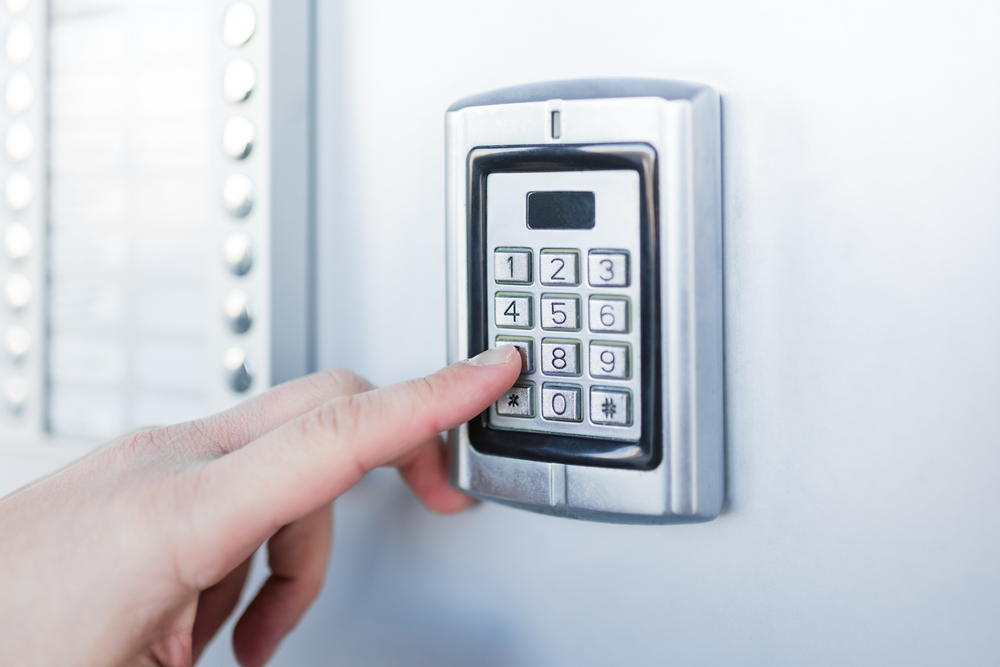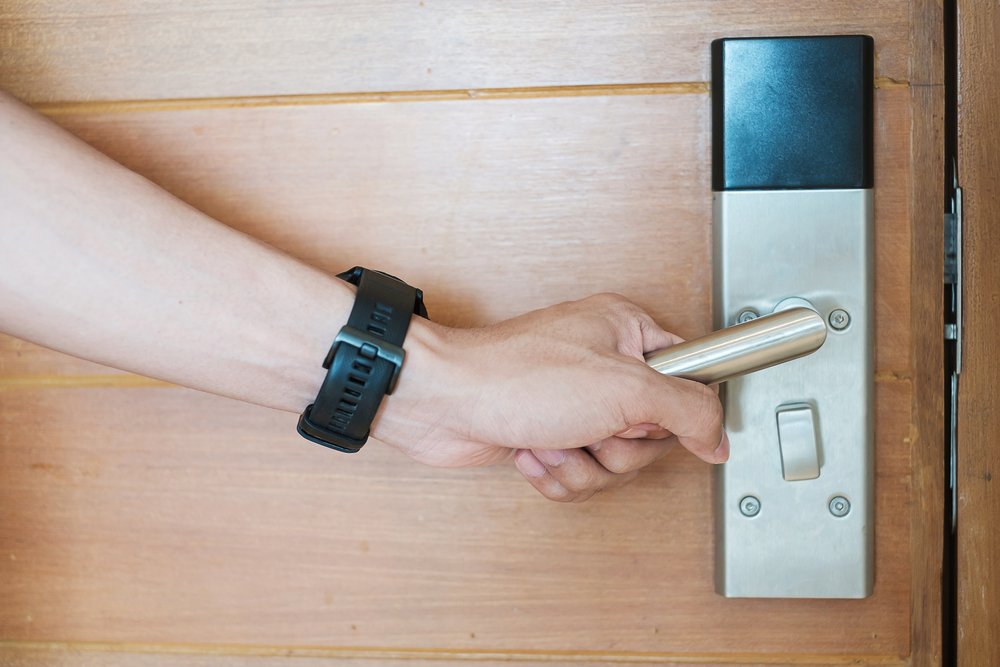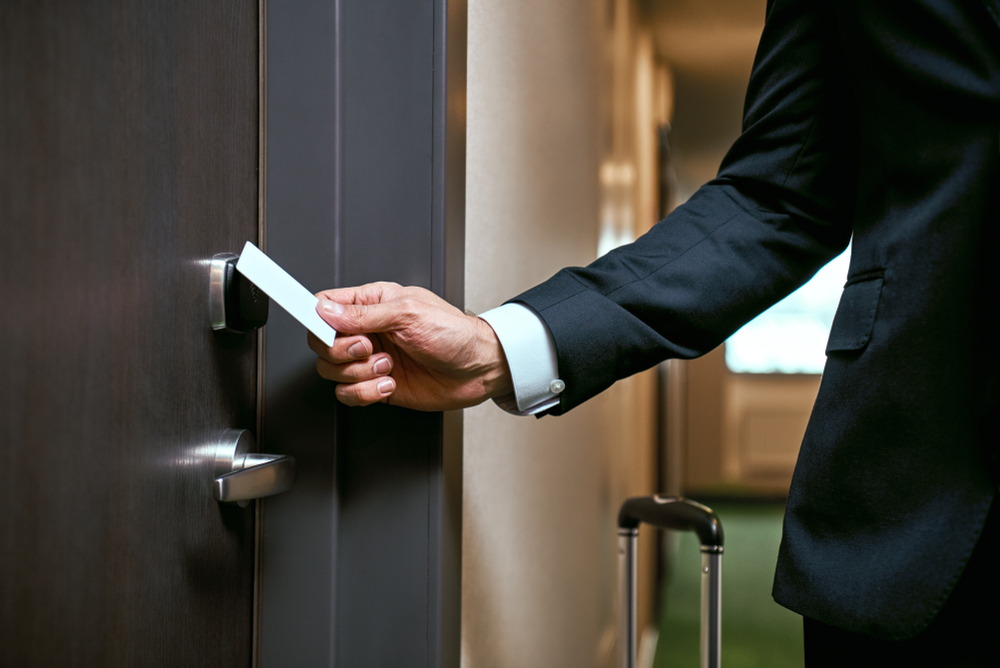Nowadays, our increasingly technological society is constantly finding ways to elevate how we live our everyday lives. The locksmith industry – considered one of the oldest industries out there – is no exception to this evolution.
Today, we have various types of electronic lock systems that challenge the conventional and traditional lock and key system. Electronic lock systems are the latest way to lock our doors and reimagine home security.
If you want to learn more about the different types of electronic lock systems, then feel free to explore some of these with us down below.
1). Electronic Keypad Locks
These are one of the most commonly used electronic locks. They function by using a numerical code or password so that you can unlock the door. This is a very convenient system as you don’t need any physical keys to unlock the door.
They are usually more expensive, but they are a great security investment. These locks are effective at what they do. However, make sure that you keep your passcode safe with you and make it difficult for outsiders to guess.
These types of locks are actually quite cost-effective and can be dismantled the same way standard door locks can be dismantled. They generally are not recommended for securing places such as homes or offices.

2). Electric Bolt Locks
Electric bolt locks are primarily used for interior doors and cabinets that need the highest security. They resemble deadbolt locks but are considered to be much stronger. They are also compatible with many other electric systems and can be easily installed with failsafe modes.
3). Magnetic Locks
Magnetic locks consist of an electromagnet attached to the door frame and an armature plate attached to the door itself. If an electric current passes through the door, the plate is magnetically attracted, keeping the door locked.
4). Electric Door Strikes
Electric door strikes replace the traditional strike faceplate often used to secure latch bar doors. Similar to magnetic locks, the latch mechanism is activated with an electric current that can lock or release the latch.
Electric door strikes are considered to be multifunctional and can be installed in various ways. The effectiveness of this door lock also depends on what additional security measure it is matched with.

5). Radio Frequency Identification Locks
Radio frequency identification (RFID) locks use a device that emits radio frequencies to unlock doors. This means that you can open the door remotely.
This lock system is commonly used in high-security establishments. They are also used in conjunction with other locking systems. However, a considerable downside is that if you misplace the cards or devices to open the lock, then this can pose a challenge. Replacing these gadgets is quite costly.
6). Bluetooth Electronic Locks
Bluetooth electronic locks can be opened via the Bluetooth function of smartphones or other gadgets as long as it is in range of the Bluetooth sensors. They are commonly found in cars or establishments where a lot of people live.
7). Biometric Equipment
Biometric equipment is primarily used in offices or other establishments where security is important. They are considered one of the highest forms of electronic lock technology as it requires a fingerprint or a retinal scan of those tallowed access inside.
This system is quite hard to crack and dismantle. However, this type of lock system can definitely elevate the security level of any lock system it is paired with.
Summary
Nowadays, we have electronic lock systems to help bring security to a whole new level. There are various forms of electronic lock systems to look out for depending on what kind of space you want to secure and what level of security you are looking for.
However, the good news is that you don’t have to use these electronic lock systems alone. You can opt to pair and match them together if you are looking to elevate security even further.
If you are looking for the best locksmiths in Melbourne for your lock choices, Casey Locksmiths is the preferred choice for all your locking needs.
Please call us today on 0416 161 332 or contact us through our enquiry form.

